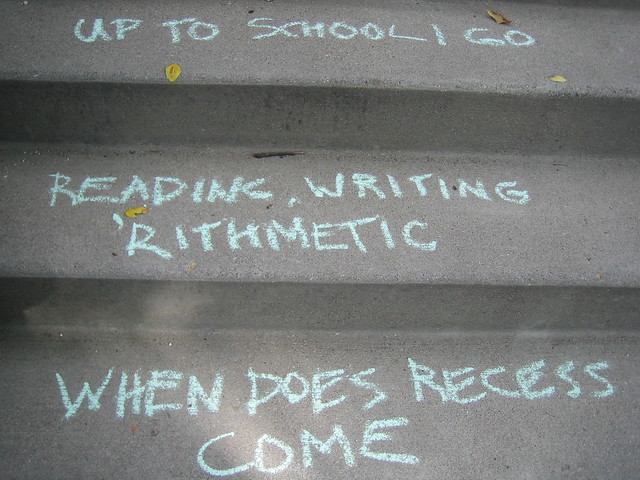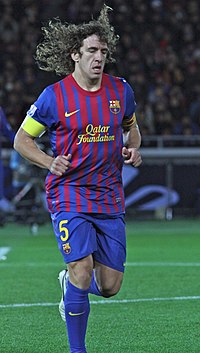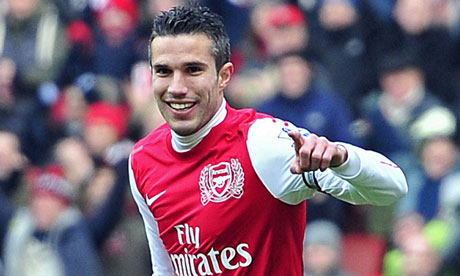The news that Barcelona have been hit
with a two-window ban on signing new players for improperly acquiring international
players under the age of 18 is a second legal strike against the Catalan giants.
With the book-fudging purchase of Neymar costing the club
approximately €90 million and a
President, the repeated infraction of FIFA’s policies governing youth
transfers suggests the club’s boardroom sees the Blaugrana as above the pesky laws of an admittedly arcane and
(mostly) impotent governing body.
The precise nature of the sanctions are yet to become clear;
questions remain as to whether deals already completed (such as the purchases of
Victor Valdes’ replacement, Marc-Andre ter Stegen, and another “Next Messi”) will
in fact be voided. Were this to happen, the club would find itself very much galloping
down diarrhea drive without a paddle – or a boat.
This year, the club will lose Valdes and their own personal Heimdall
Carles Puyol. Rumours persist as to the eyes Xavi Hernandez makes at MLS, and
specifically NYCFC. Thiago Alcantara, perhaps the most exciting prospect to
exit La Masia in years, now plays for
Bayern Munich. In the event of a Gerard Pique injury, next season’s defensive
nucleus could conceivably be the immortal trio of Jose Manuel Pinto, Javier
Mascherano (meh, as a central defender) and one of Alexandre Song (ugh) or Marc
Bartra (more palatable and infinitely more likely).
Pep Guardiola and his loveable bunch of mosquitos often played
the role of the “goodies” in the black and white dramedy of La Liga football – which
side was which coming very much down to the conscience of the individual
spectator. While beholding to a pattern of play and players who have “always
been Barca”, this on-field levity, utterly
unapparent in their great domestic rivals, is now to have masked a
questionable recruitment policy the club thought would (or could) be
overlooked.
They were going to out-Wenger
the continent. Illegally – those La Masia
graduates weren’t all homegrown, but sapling transplants like Lionel Messi.
Primary education matters – if a child is not taught early to read and write,
how can they be expected to perform trigonometric calculus?
 |
| http://farm7.staticflickr.com/6233/6310951736_005cb90698_z.jpg |
All over the footballing world, teams rise and fall – only precious
few stay perpetually as true Champions’ League threats. When clubs rise –
especially as high as Barca have – questions are usually asked as to the
fairness of such a rise: people now regularly and rightly ask how much of its
magickal, whimsical appeal football loses when run by stock analysts. While
Manchester City and Paris Saint-Germain now field two of the more star-studded
outfits in the game, there is something unseemly about the nouveau-riche
attitudes that have taken them there.
Barcelona has competed at the most elite of levels with a
squad of guys who’ve played together for many years, through the club’s academy
and reserve squads. However, some of these kids – including the “Korean
Messi” – were rather more adopted than whelped. While this isn’t quite as
uncouth as flashing great wads of cash, it may actually be more subversive in
robbing grassroots football of its youthful optimism.










